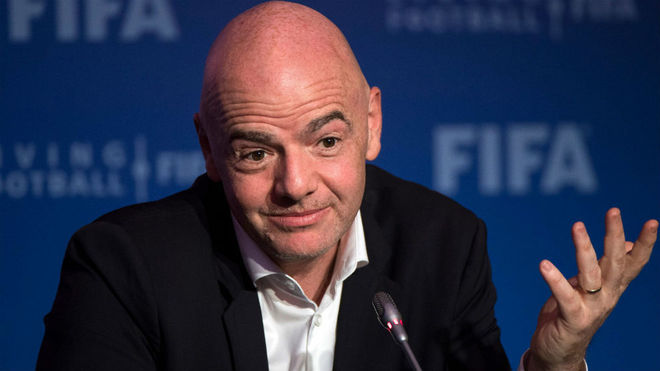How to make money on your reserves of liquidity when you are a not-for-profit organisation and operate in a country where the interest rates are negative? The answer, for Fifa, is to start banking.
By Philippe Auclair
Such is Fifa's problem: should the governing body deposit its huge reserves of cash – 1.4 billion Swiss francs at the end of 2020 – in a normal Swiss bank account and leave them there, it'd end up losing millions, as Switzerland has the world's lowest interest rate, at minus 0.75 percent per annum. In Switzerland, if you have money in your bank account, you are penalised for it. So, what to do?
One ingenious – but highly controversial – solution to this rich man's conundrum is, paradoxically, to lend as much of this cash as possible, which is exactly what Fifa has been doing, by offering loans of a minimum of 5 million Swiss francs to a number of Swiss local authorities, as was recently uncovered by Christian Mensch, a journalist for the Luzerner Zeitung.
Now, how does this work? After all, Fifa, when it lends money to these local authorities, will have to pay them interest, as is the rule in any country where the interest rates are negative: according to the Luzerner Zeitung, between 0.4 and 0.7 percent, depending on the fluctuations of the market rate. When, for example, the municipality of Frauenfeld, the capital of the canton of Thurgau, needed some ready cash and launched a tender on financial platforms, it received no fewer than eight bids from Fifa, to the surprise of its mayor Anders Stokholm. Frauenfel...



